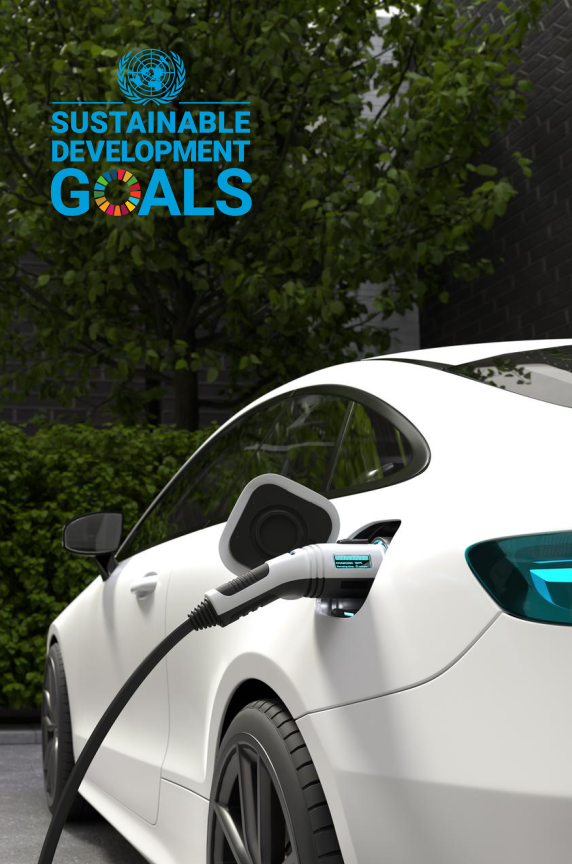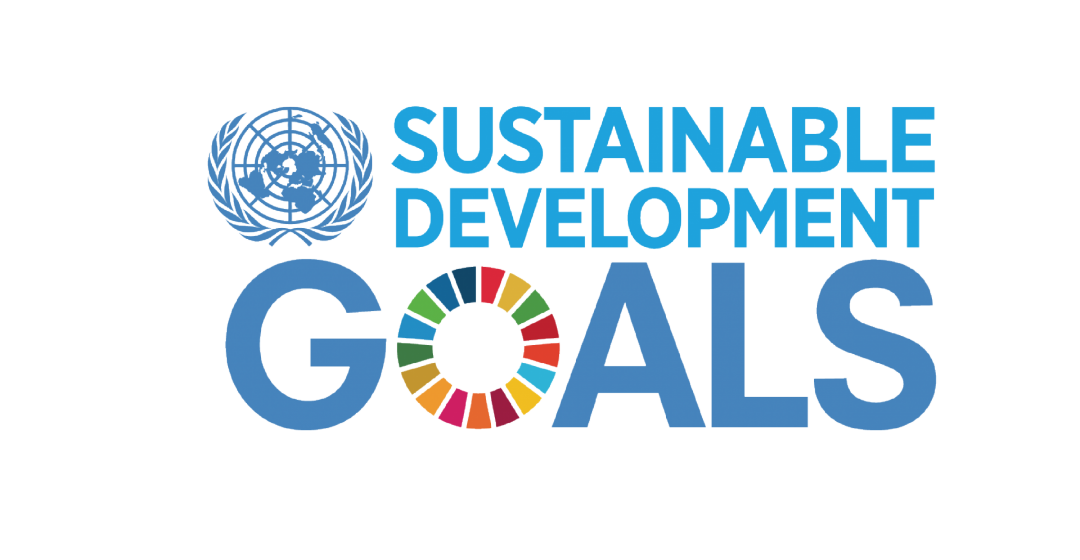

ISO 14067: Cradle-to-Gate Life Cycle Assessment
What is PCF?
ISO 14067 delineates the principles, requisites, and guidelines governing quantifying and reporting a product carbon footprint (PCF), aligning seamlessly with established Cradle-to-Gate life cycle assessment (LCA) standards such as ISO 14040 and ISO 14044. This standard harmoniously contributes to the realisation of UN Sustainable Development Goal 13, dedicated to Climate Action.
Why does the company assess PCF?
Increasingly, numerous consumers are seeking to employ their purchasing decisions to combat climate change and safeguard the environment actively. Forward-looking enterprises are thus assessing their product carbon footprints to empower consumers with informed choices. Simultaneously, this practice enables these businesses to gain deeper insights into their greenhouse gas (GHG) emissions, facilitating targeted reduction efforts. Notably, stakeholders spanning investors to personnel propel companies towards comprehensive measures about sustainability issues. Verified product carbon footprint data is pivotal to achieving this overarching objective.
How does the demand impact decision?
Internally and externally, stakeholders pursue accurate, transparent information to drive product purchasing decisions. The presence of independently verified product carbon footprints equips stakeholders with the means to evaluate the credibility and robustness of brand assertions. Furthermore, consumers actively seek products boasting lower carbon footprints and anticipate organisations demonstrating proactive measures for GHG emission reduction. This journey commences by establishing the carbon footprint, culminating in its independent verification.
What do MyCO2 offer?
To delve deeper into ISO 14067 PCF Verification, companies disclosing PCFs can seize a competitive advantage, elevating brand reputation and amplifying sustainability performance.
